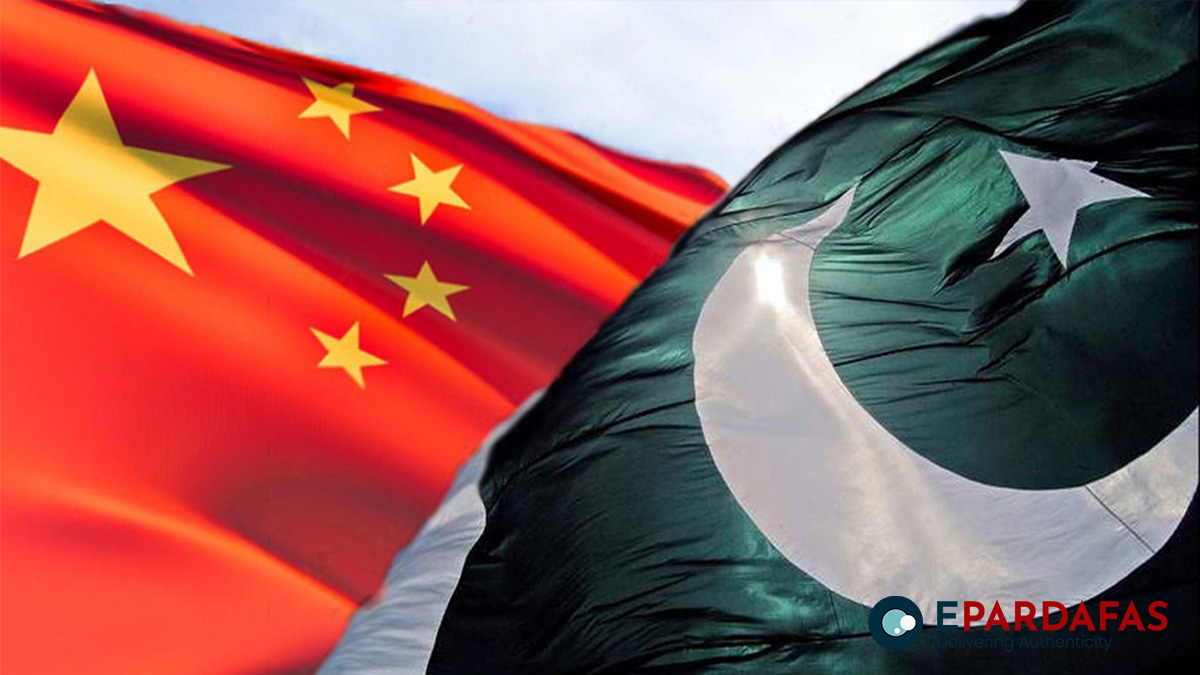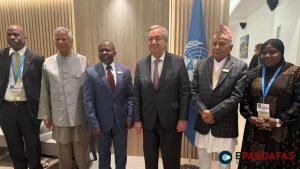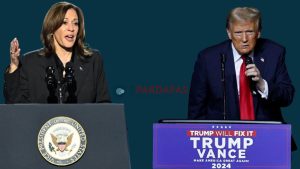
China Adopts Conservative Approach On CPEC
What Pakistan hoped from its historic ‘highway of life’ project, the CPEC (China-Pakistan Economic Corridor), has turned into a nightmare, a cautionary tale for those who wanted to collaborate with Pakistan. Experts believe that CPEC will not only be a dead-end in the tumultuous environment of Pakistan, but it will deliver much less contrary to expectations.
At a time when China is celebrating the tenth anniversary of its Belt and Road Initiative (BRI) this year, investment in the CPEC, one of the most important investments under the initiative has stalled. Under an agreement signed between the two countries in 2015, it was pledged that billions of dollars would be invested under CPEC to develop rail and road links, and energy infrastructure in Pakistan.
With the help of media and intellectuals in Pakistan, China marketed the project in a vigorous manner thereby increasing people’s expectations. But Pakistan’s internal political issues, the reactive temperament of masses, and their religiosity which surpasses reason and logic have cost them China’s support. China has recently expressed reluctance on the request from Pakistan to provide funds for several CPEC projects.
The Pak government has debilitated the trust of both the Chinese and their countrymen. They ate with both hands; sanctioned projects on illegally occupied territories of Gilgit-Baltistan and Pakistan-occupied Jammu Kashmir (PoJK), while not providing them with any royalty. In Balochistan’s Gwadar, Pakistan allowed CPEC projects to operate at the expense of the locals’ means of earning.
The three regions have protested, fought, put into policy custody, and murdered for uprisings against CPEC. Neither has Pakistan displaced them to environmentally secure locations nor has it compensated them for running a free hand over their resources such as water. Gwadar especially has shown rage over the China-Pakistan partnership through terror attacks on Chinese engineers and labor creating an unstable atmosphere for CPEC works.
At the same time, there are apprehensions among the locals who call it the “debt-trap” strategy of China through “predatory lending, ” allowing it to exert influence on Pakistan. While the elite of the society bags millions of rupees through loans that are secured for developmental purposes, the poor remain indebted to outsiders. They are losing their dignity and rights over their lands and resources. Their fear is valid; no one wants to be the next Sri Lanka.
Michael Kugelman, an expert on South Asian affairs at the Woodrow Wilson International Center in Washington, says the slow pace of CPEC can be attributed to both economic and security factors. Pakistan’s worsening economic crisis and China’s own recent slowdown have reduced prospects for new projects.
The ever-present Baloch rebels, the newly resurfaced Pakistan Tehreek-e-Taliban, and the so-called IS (Khorasan) have sworn to jeopardize new investment and the completion of projects.
Lack of clarity on election dates too is worrying China. Things can so easily go south, and Pakistan’s political arena is unlikely to stabilize in the near future. Beijing’s strategic objectives in Pakistan are closely linked to the country’s political stability.
Azim Khalid, a scholar of Pakistan-China relations at COMSATS University, Islamabad, noted that over-promise and under-delivery is an important issue, including capacity issues and instability on the political and security fronts. The expert believes that the tangible benefits of CPEC for the Pakistani people have been limited, while the burden of public debt and payments to Chinese companies has increased. It is then safe to say that the loud claims about CPEC were more a product of propaganda tool than a reflection of reality.
Additionally, what pinches the taxpayer middle class is Pakistan’s lack of vision about CPEC. If asked, any educated individual, not necessarily a student of economics, will point out the importance of conducting a comprehensive analysis of potential competition to CPEC. Will CPEC truly help Pakistan or singularly serve Chinese interests, is still a dilemma for the common man.
China has decided to cut the cost of its largest and strategically important CPEC project, Mainline-I from approved $9.9 billion to $6.7 billion. Pakistan’s failure to mitigate threats has forced this reaction from the Chinese. The brotherhood between the countries has gone sour as China no longer can rely on Pakistan for its citizens’ and assets’ security. They are considering bringing in their own force to counter threats to CPEC projects. Besides shame, Pakistan is facing daily humiliation for its worsening economic woes. It cannot guarantee any finances to CPEC, while already being on the radar of IMF.
What could have been Pakistan’s golden opportunity, an economic revolution through the ambitious CPEC has been shadowed by the eclipse of the country’s political unrest and homegrown terrorism.














Comments